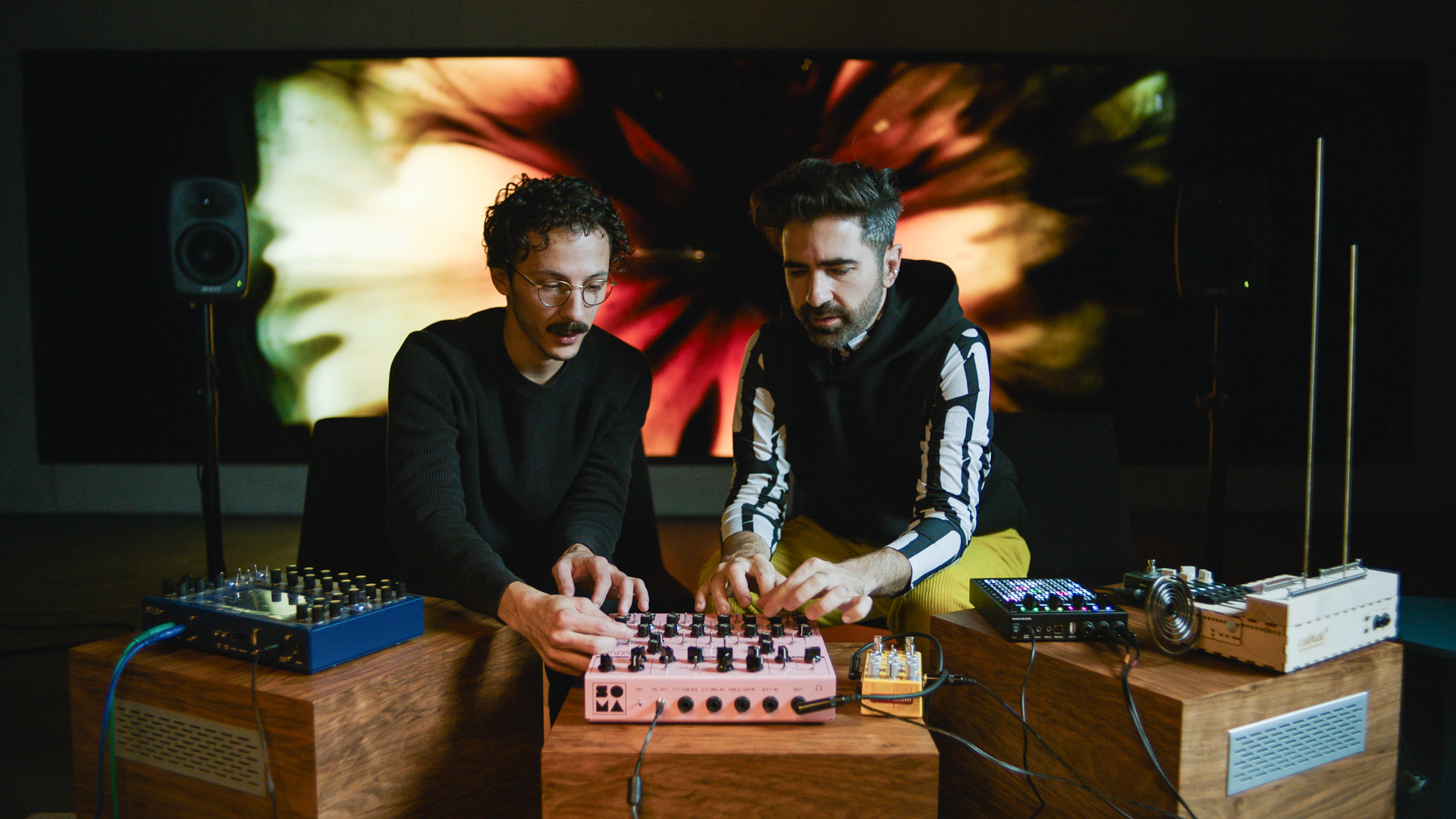Auto
The latest Auto breaking news, comment, reviews and features from the experts at T3
Explore Auto
-
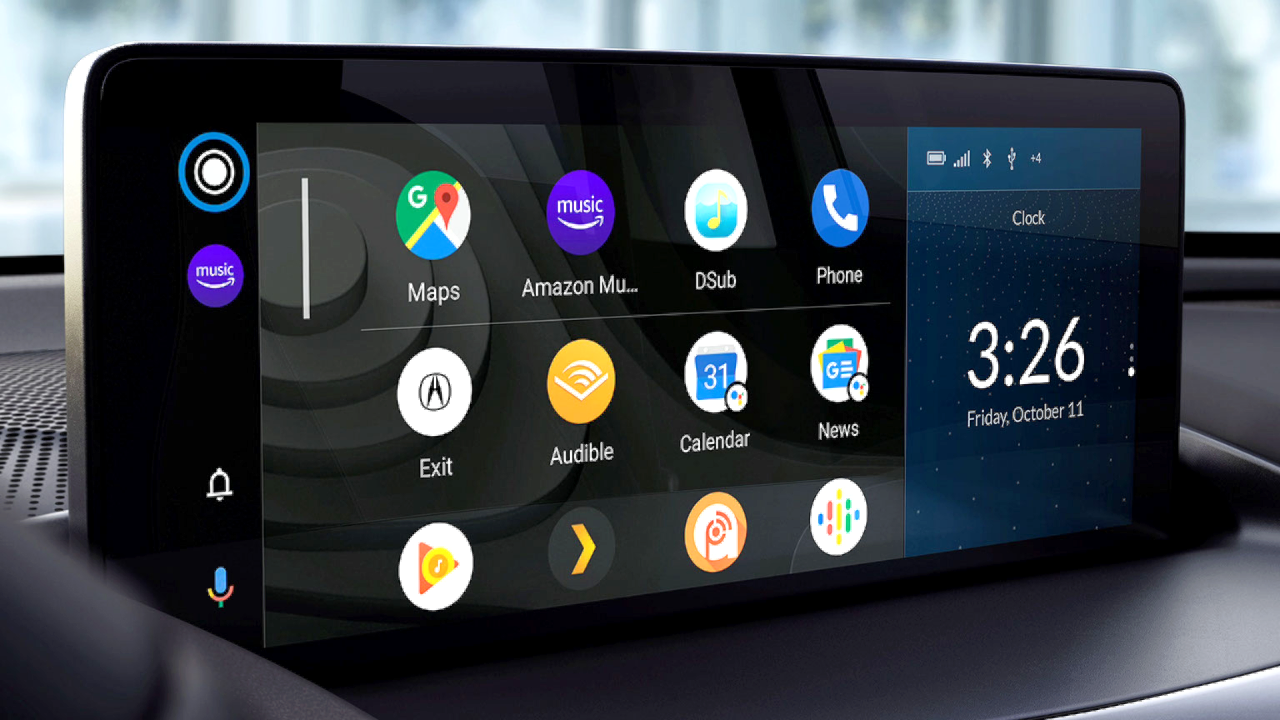
Android Auto could add a feature that nobody asked for, but might appreciate anyway
This futuristic addition to Android Auto could change the experience forever
By Chris Hall Published
-

These luxury private members’ clubs have their own race tracks
From the UK to the US and Japan, these are the world’s most exclusive race track members’ clubs
By Alistair Charlton Published
-

The 5 best luxury cars to be chauffeur-driven in
If you’re being driven rather than driving, these are the cars that will let you arrive in style
By Mat Gallagher Published
-

Today’s luxury car buyers want experiences, not performance
EVs have democratised power. Now, for supercar buyers, performance is not enough.
By Alistair Charlton Published
-
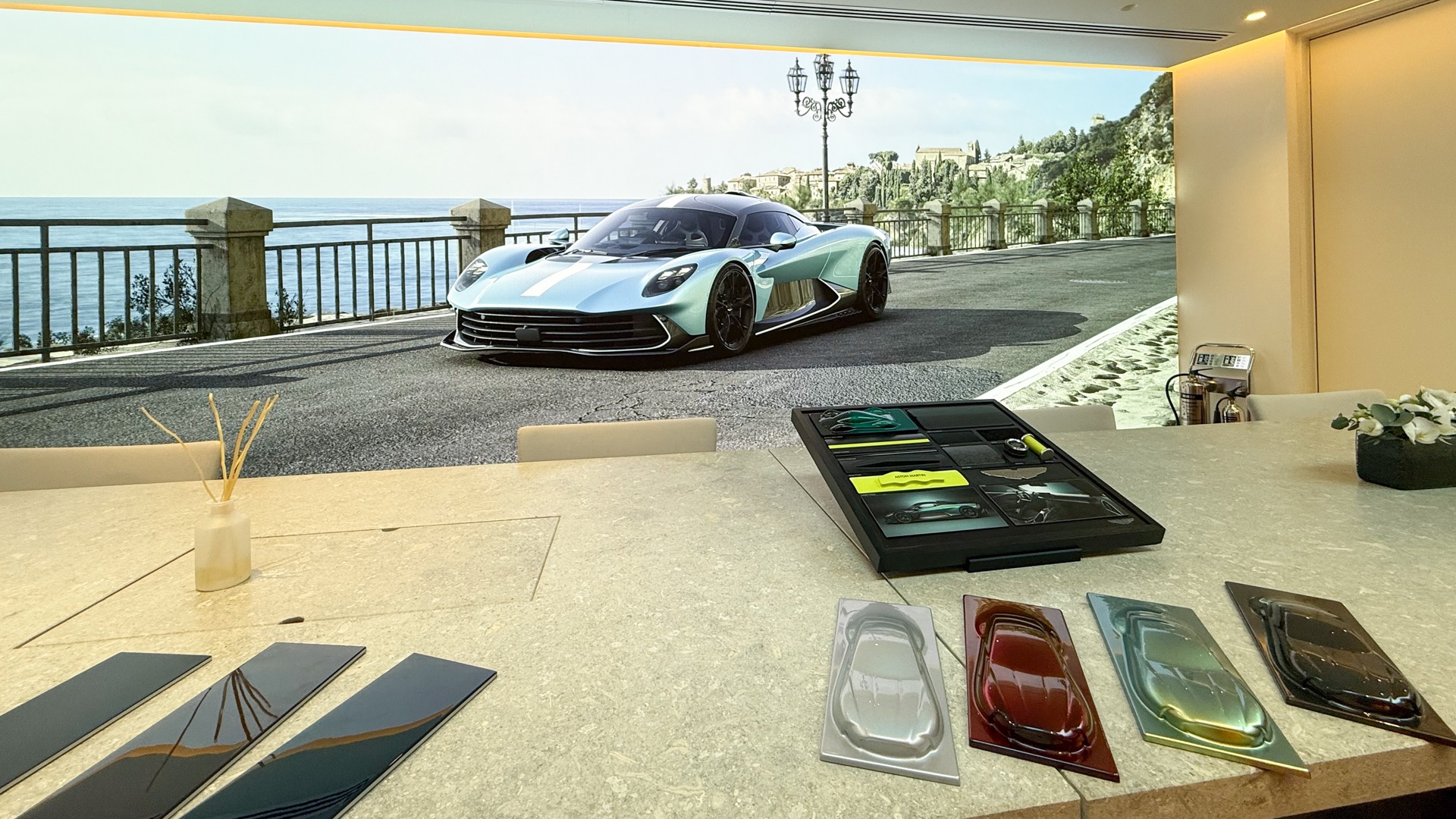
I visited Aston Martin HQ to configure an £850,000 Valhalla supercar
Here’s exactly what it’s like to configure your own Aston Martin Valhalla
By Alistair Charlton Published
-

How to drive exotic and luxury cars with these rentals and track experiences
From a Range Rover in London to a Morgan in the Cotswolds and a single-seater on track, here’s how to drive the lot.
By Alistair Charlton Published
-

T3 Luxury Month 2025: the greatest gadgets and opulent accessories you need for your life
From watches to cars, T3 is rounding up the best of the best for Luxury Month
By Bethan Girdler-Maslen Last updated
-

The future of the sports car is bright – and these five prove it
I review cars for a living and these are five of my favourite sports cars of the moment
By Alistair Charlton Published
-

Hyundai goes after Renault 5 Turbo with wild Insteroid concept
Electric cars are boring? Not on Hyundai’s watch, they aren’t
By Alistair Charlton Published
-

Android Auto gets a mysterious new app and nobody knows what it's for
Google has added a surprising new app with the latest Android Auto update
By Chris Hall Published
-

Apple CarPlay update now available, brings a trio of great new features for free
It’s time to update your iPhone because there’s more CarPlay waiting for you
By Chris Hall Published
-
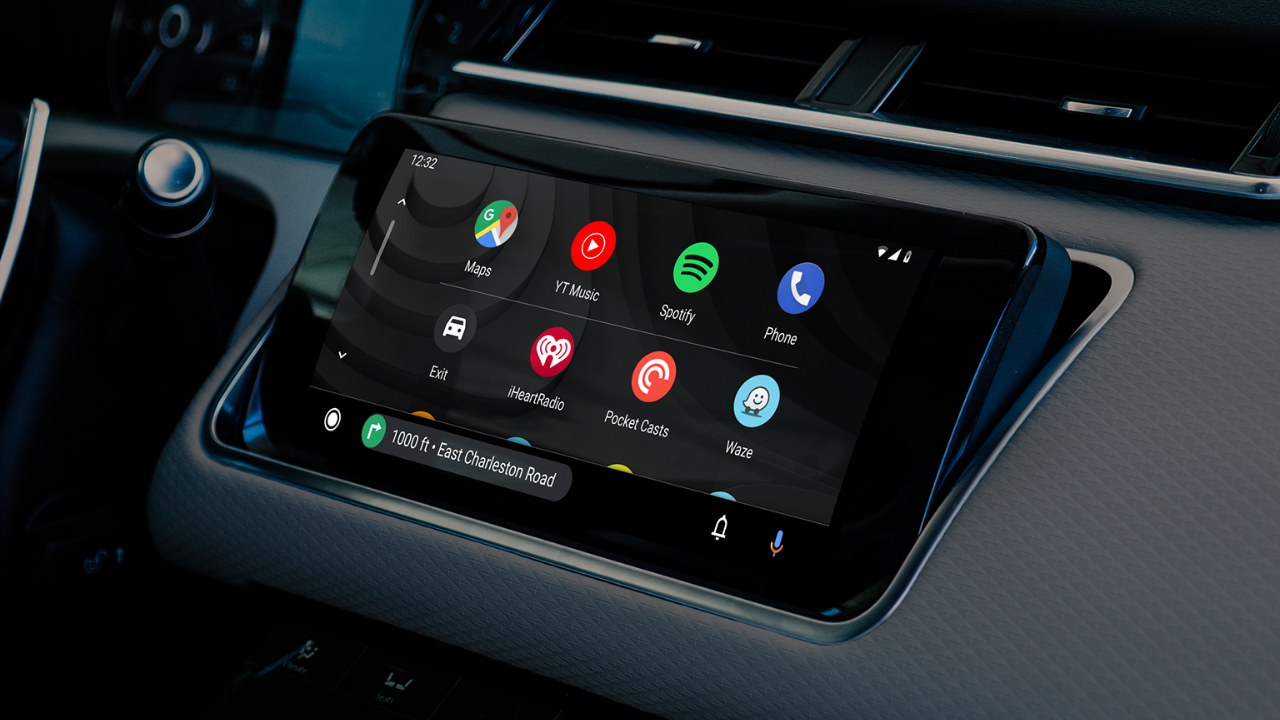
Android Auto update arrives with Tesla-like feature – CarPlay needs to catch up
There’s been a flurry of Android Auto changes recently, but this one could matter
By Chris Hall Published
-

Waze loses major iOS feature after admitting defeat
A feature will be removed from Waze on iPhone, but could be quickly replaced
By Chris Hall Published
-
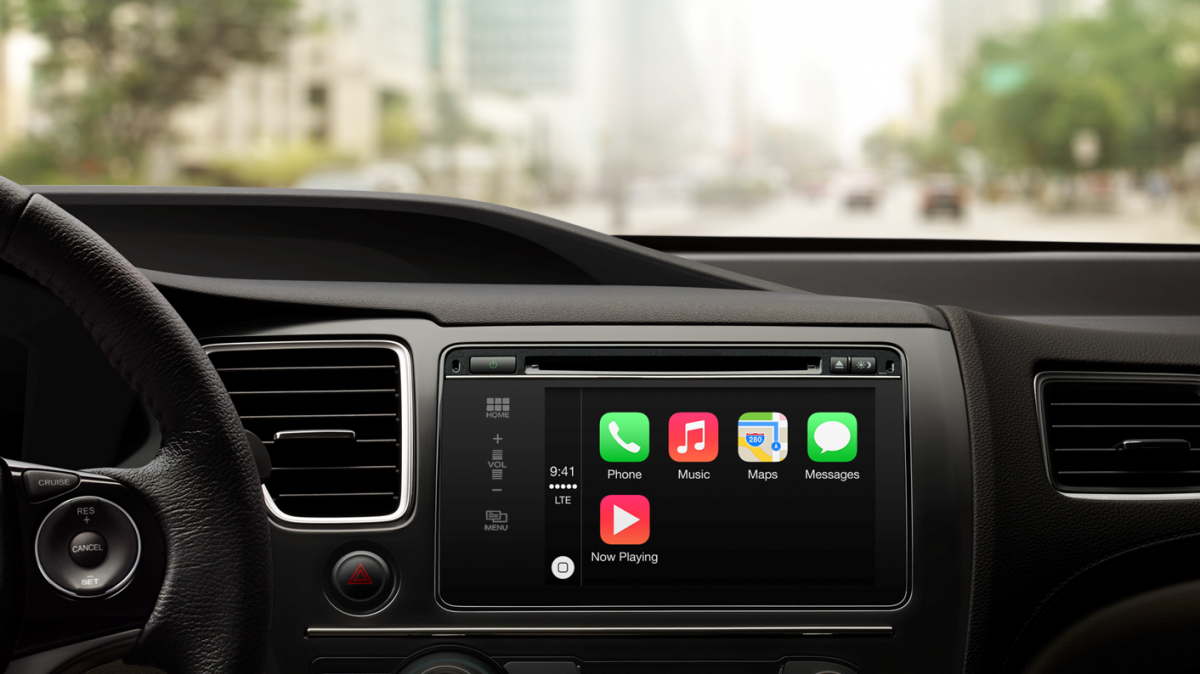
Apple CarPlay update coming with great new feature for football fans on both sides of the Atlantic
The latest version of Apple CarPlay is sporting a great new feature
By Chris Hall Published
-
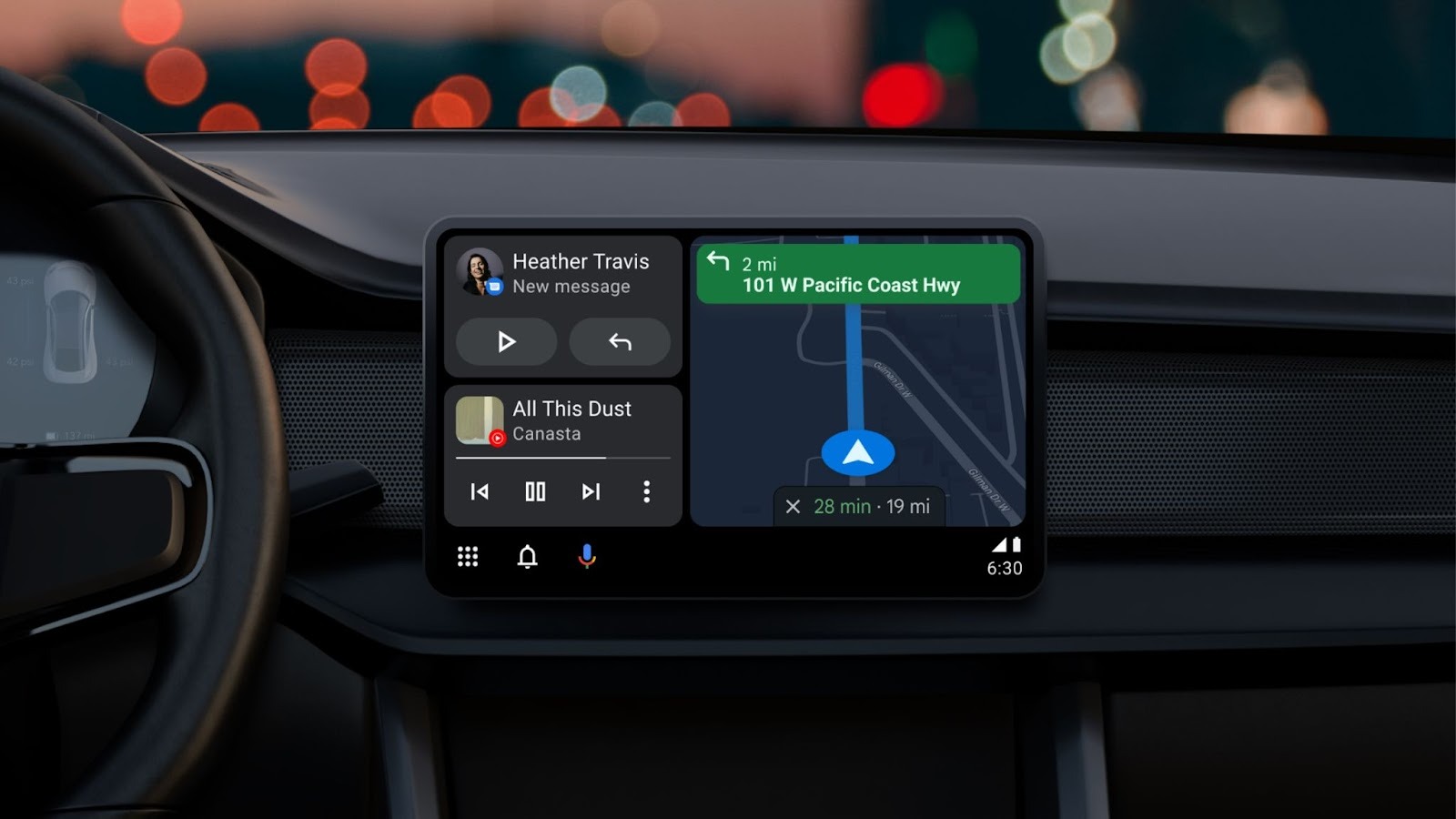
Android Auto 14 update finally available – could remove a useful feature, but for something better
Hey Google - what's changing in Android Auto 14?
By Chris Hall Published
-

This new EV charger can charge as quickly as filling with petrol at the pump
BYD's super e-Platform EV charger promises 1,000 kW charging at 1,000 volts
By Alistair Charlton Published
-

Best dash cam 2025: top car cameras tested, reviewed and ranked
We tested dozens of dash cams from Garmin, Nextbase, Thinkware, Cobra, and these are the best on the lot
By Rob Clymo Last updated
-
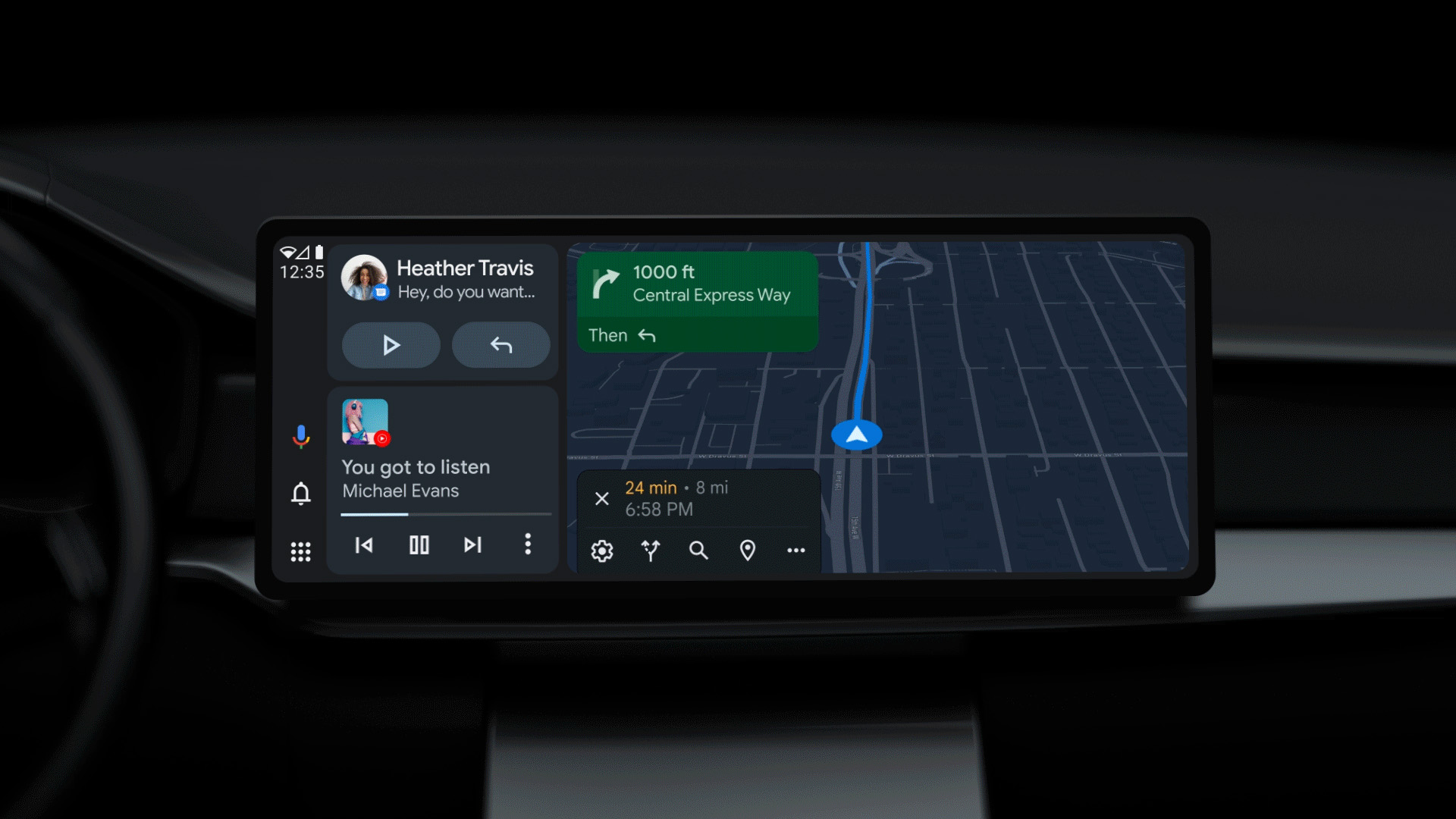
Android Auto 14 beta arrives and it sets the groundwork for major changes
More details link Android Auto to significant car control changes
By Chris Hall Published
-

Renault 5 Turbo 3E is a supercar disguised as a hatchback
We’ve seen the new Renault 5 Turbo EV and here’s everything you need to know
By Alistair Charlton Published
-

This DJI drone launch pad fits to the roof of your electric car
EV maker BYD has teamed up with DJI to make a roof-mounted drone station
By Alistair Charlton Published
-

Xiaomi just revealed one of the most interesting EVs of the year
The Xiaomi SU7 Ultra is a Chinese EV ready to take on Porsche and Tesla
By Alistair Charlton Published
-
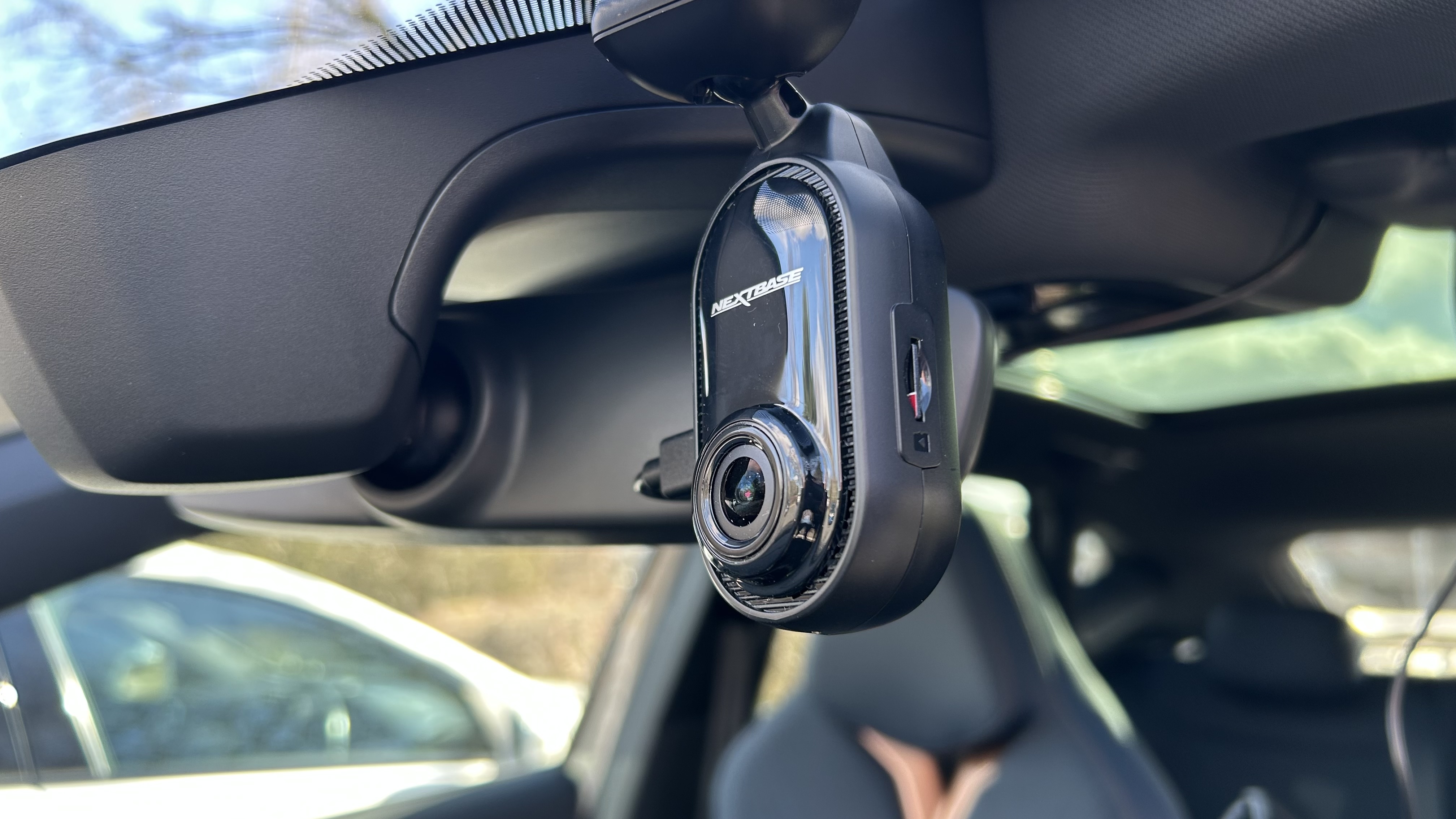
Nextbase Piqo Dash Cam review: compact but clever
The Nextbase Piqo is a condensed edition of the brand’s premium iQ model with many of the same features
By Rob Clymo Published
-

The all-new Mercedes-Benz CLA has AI so smart it wants to be your friend
Mercedes’ second generation of electric cars has landed and it's a technology tour de force
By Alistair Charlton Published
-

Forget Tesla, this is the best-looking electric sports car we've ever clapped eyes on
New British car manufacturer Longbow thumbs its nose at Tesla with an impressive EV sports car
By Chris Hall Published
-
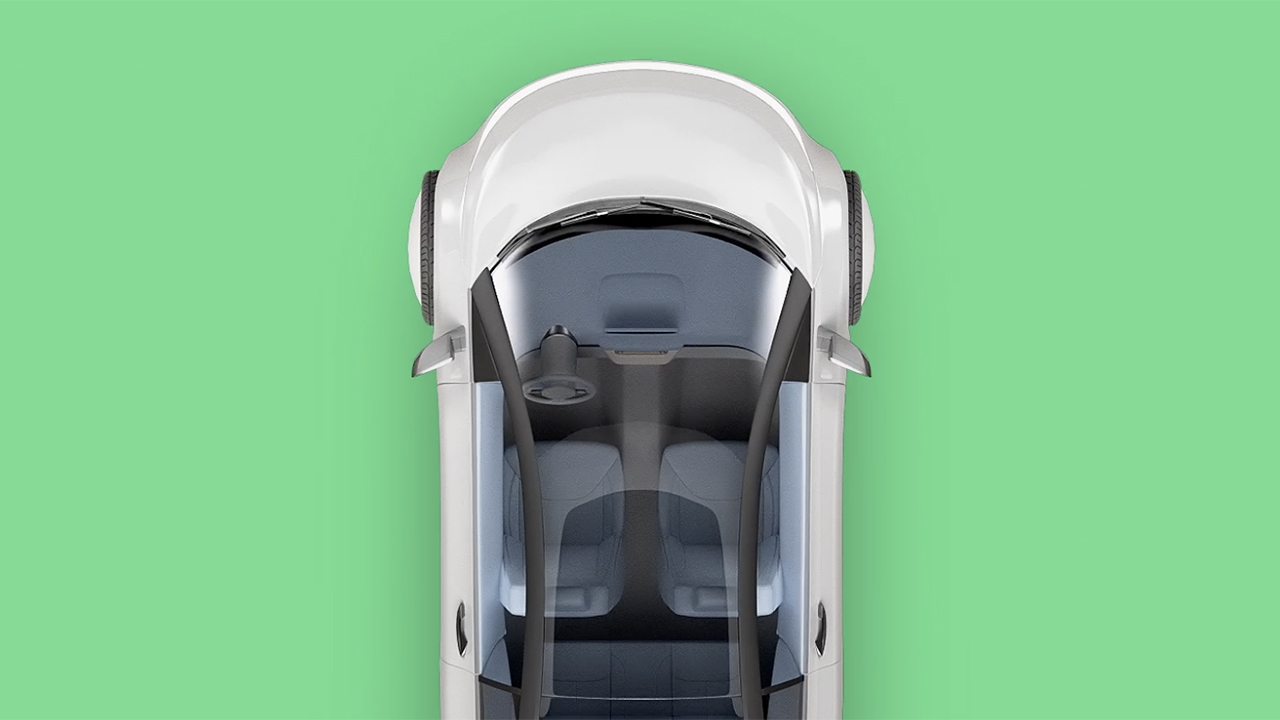
Android Auto could get a feature upgrade with control over one of your car's main systems
Google to turn the heat up on Android Auto controls
By Chris Hall Published
-
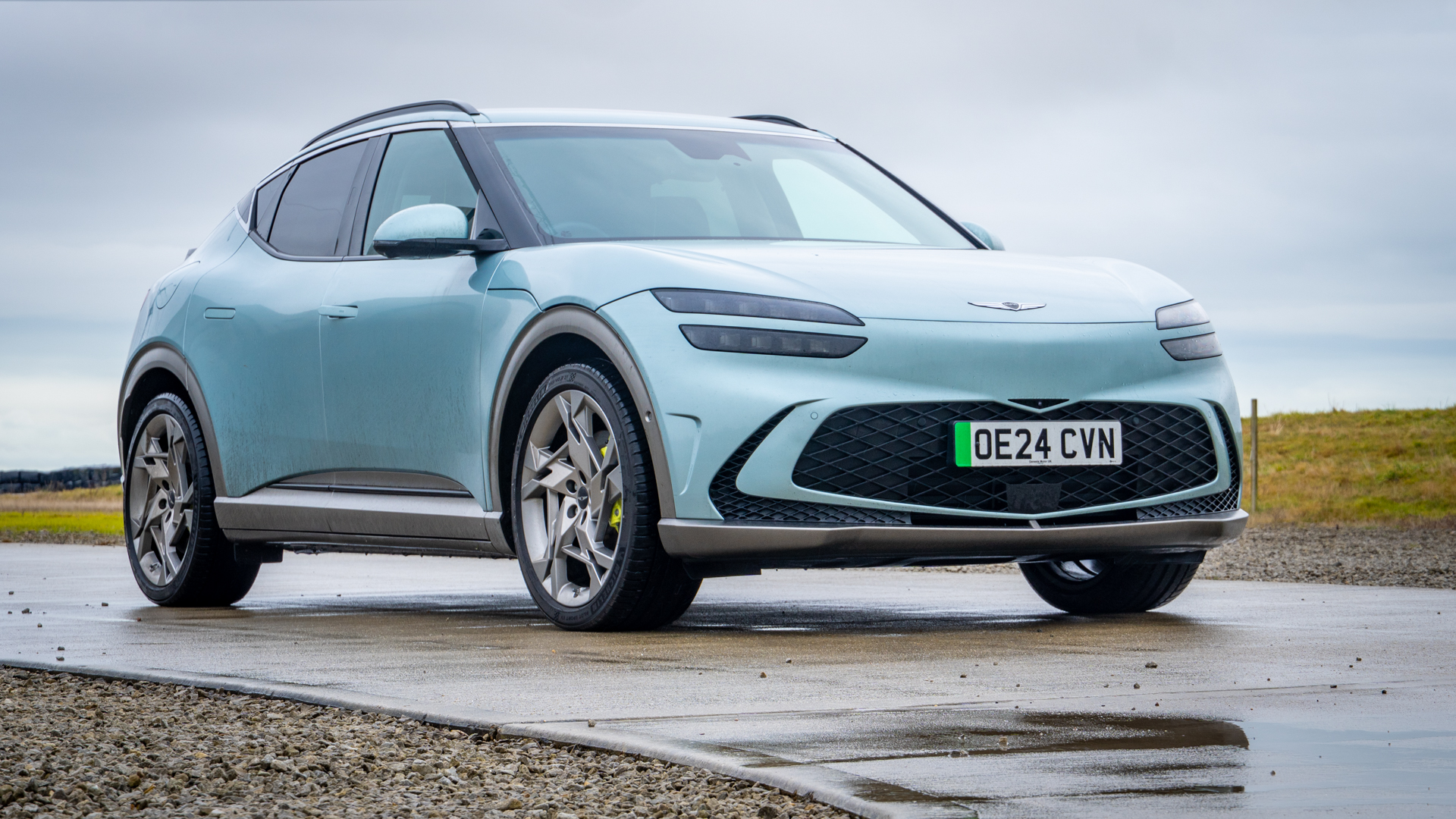
12 things I learnt driving this electric car for six months
Here’s what happened during six months and 4,000 miles with a Genesis GV60
By Alistair Charlton Published
-
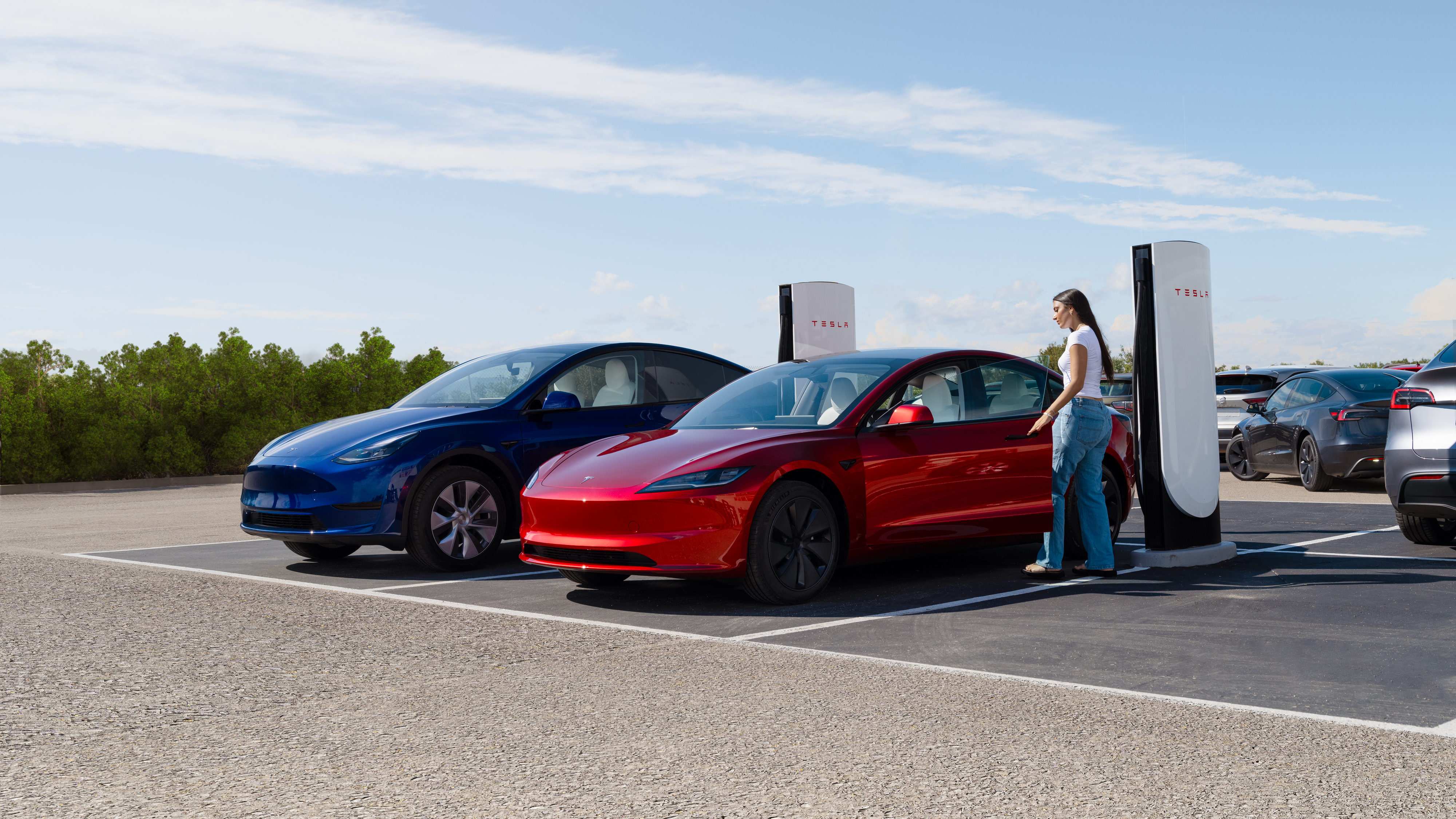
Tesla is finally about to fix a key problem with its charge stations
Virtual queuing system will make Tesla Superchargers even more convenient
By Alistair Charlton Published
-

Waze update gives some drivers a welcome surprise
The latest Waze update gives a more integrated look – if your car supports it
By Chris Hall Published
-

Best Android Auto head unit 2025: upgrade your in-car entertainment
Bring your ICE bang up to date with the best Android Auto-compatible head units
By Leon Poultney Last updated
